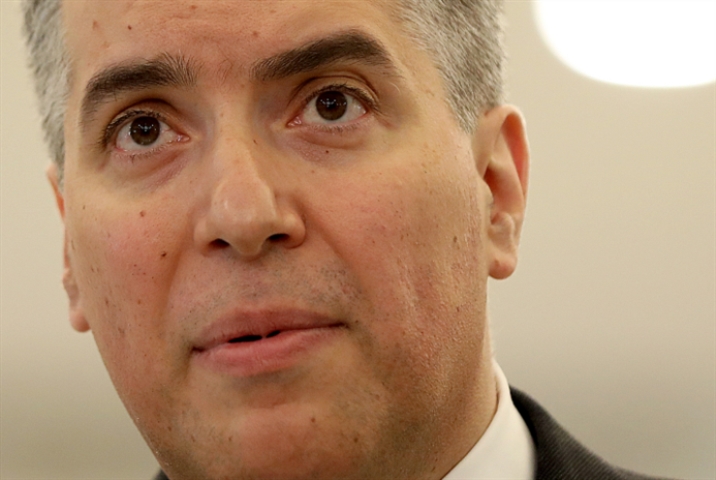At a time when the visit of French President Emmanuel Macron gave an indication that there is no longer any way to waste time, and that Prime Minister-designate Mustafa Adib and the political forces who appointed him are obliged to create a government in two weeks (the deadline set by Macron for the formation process), there is more than a hint that the deadlock is dominating the government scene, and it is not known who will violate it and how. Monitoring sources confirmed that there are two main reasons behind the stalemate: the first is the systematic disparity between the prime minister and most of the political parties that appointed him. Adib insists on forming a technocratic government of 14 ministers, in which he appoints ministers and distributes portfolios to political forces as he wishes, while political forces, specifically the March 8 team and the Free Patriotic Movement, prefer a techno-political government or a political government of at least 20 ministers, depending on the situation. The exceptional situation of the country imposes the existence of a political government due to the basic files that await it, a large part of which is political in nature. This team also rejects the number of 14 ministers, because the previous experience in the government of Prime Minister Hassan Diab has shown that a single minister is not capable of working with two ministries and two portfolios, since distributing his energy to the ministries will weaken their productivity . Added to that, their insistence on rotating in the ministries, and this constitutes a fundamental knot for the two, who until now has refused to cede the Ministry of Finance to a non-Shiite minister “with the assurance that there is no problem with which the designated name agreement is concluded. ” As for the second reason, of which the sources speak, and is “the most important”, it is represented in the lack of communication between Adib and the political components. The President-designate has not met since his assignment with Hezbollah Secretary General’s Political Assistant Hajj Hussein Al Khalil and Deputy Ali Hassan Khalil only once. As for the strange, Adeeb, according to sources, refuses to sit down with the head of the “Strong Lebanon” bloc, Deputy Gebran Bassil, noting that the President of the Republic advised him more than once to contact him, but ignore it. Participate in government and will not give you confidence. Information also circulated that Adeeb had not met former Prime Minister Saad Hariri! In this context, sources point to the emergence of a crisis between the political forces and the designated president, exaggerating it “as if the designated president were the one who called himself”, and asking: “How does he refuse to communicate with the political components to coordinate the training process at what cost, and do you need? Win their trust in parliament ”. Adeeb, who met yesterday with the President of the Republic, Michel Aoun, brought with him an overview based on a mini-government of 14 ministers, and the adoption of the principle of rotation, while Aoun assured him of the need to “not be tied with such formation ”. Adeeb commented on the meeting saying: “We are in the consultation stage and God is good. ».
The prime minister-designate has yet to meet Hariri and refuses to meet with Basil.
On the other hand, observers of the training file said that “Adeeb is following the directives of the former prime ministers, specifically Presidents Fouad Siniora and Najib Mikati, who ask him not to meet with political forces, specifically with Basilio.” They assure the designated President that “his constitutional right is to form a government that he deems appropriate by number and names alone and without consulting anyone, and then he cedes it to the President of the Republic, provided he discusses the latter with some names and in a limited manner” .
In the context, the “Strong Lebanon” bloc, after its regular meeting, asked “how the consultations on the formation of the government have ended so far and the reasons for delaying the formation process, while the country urgently needs a government whose mission is to implement reforms urgently. ” The bloc affirmed its interest in forming a government as soon as possible and electing its ministers on the basis of the competent and expert minister who is capable of achieving and producing rapidly.
Subscribe to «News» on YouTube here
